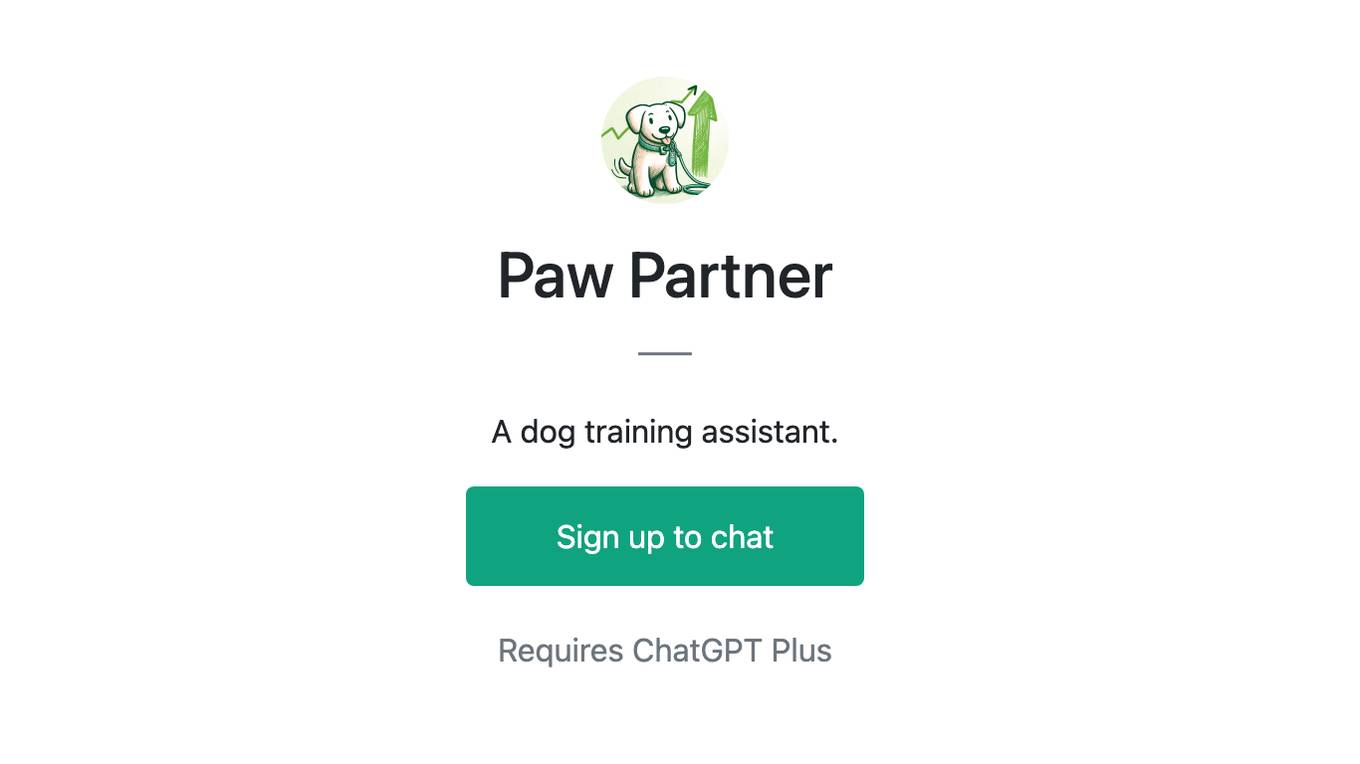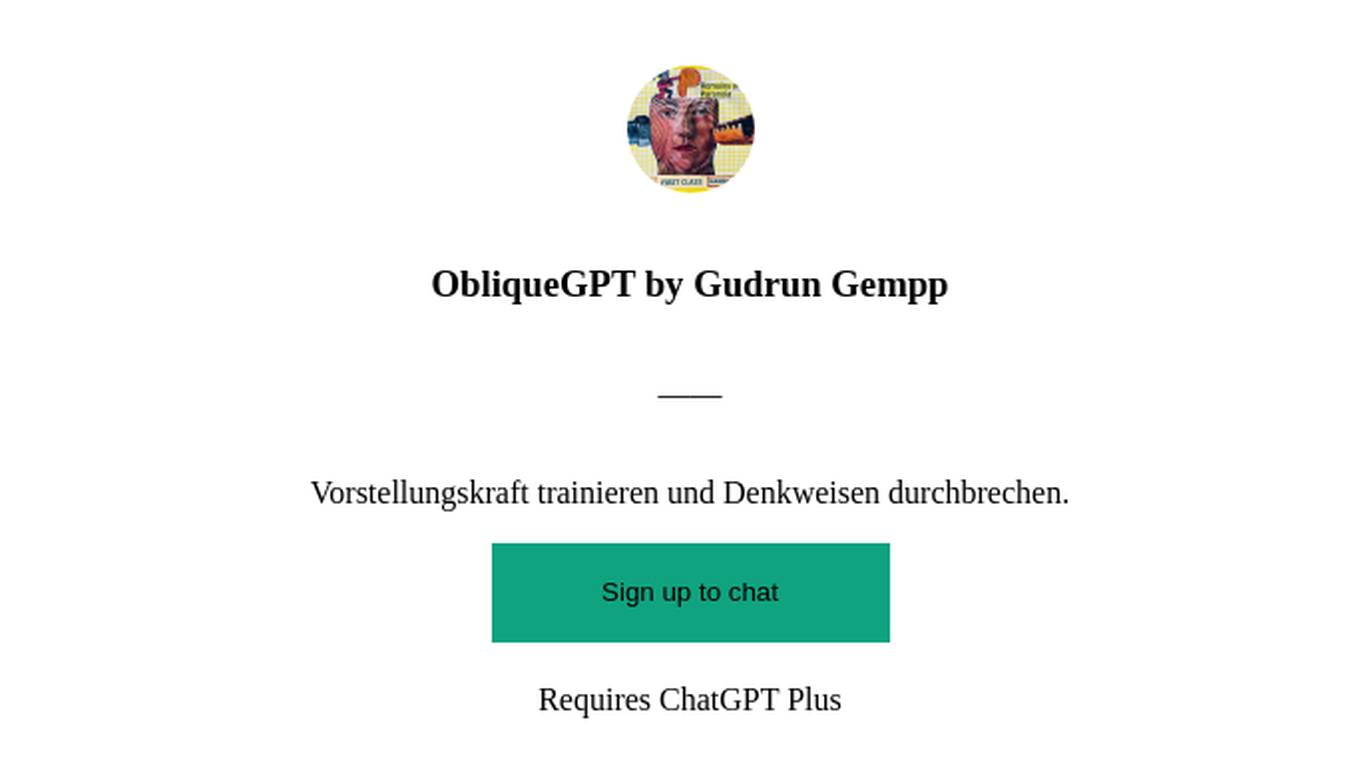Best AI tools for< Train Recommendation Models >
20 - AI tool Sites
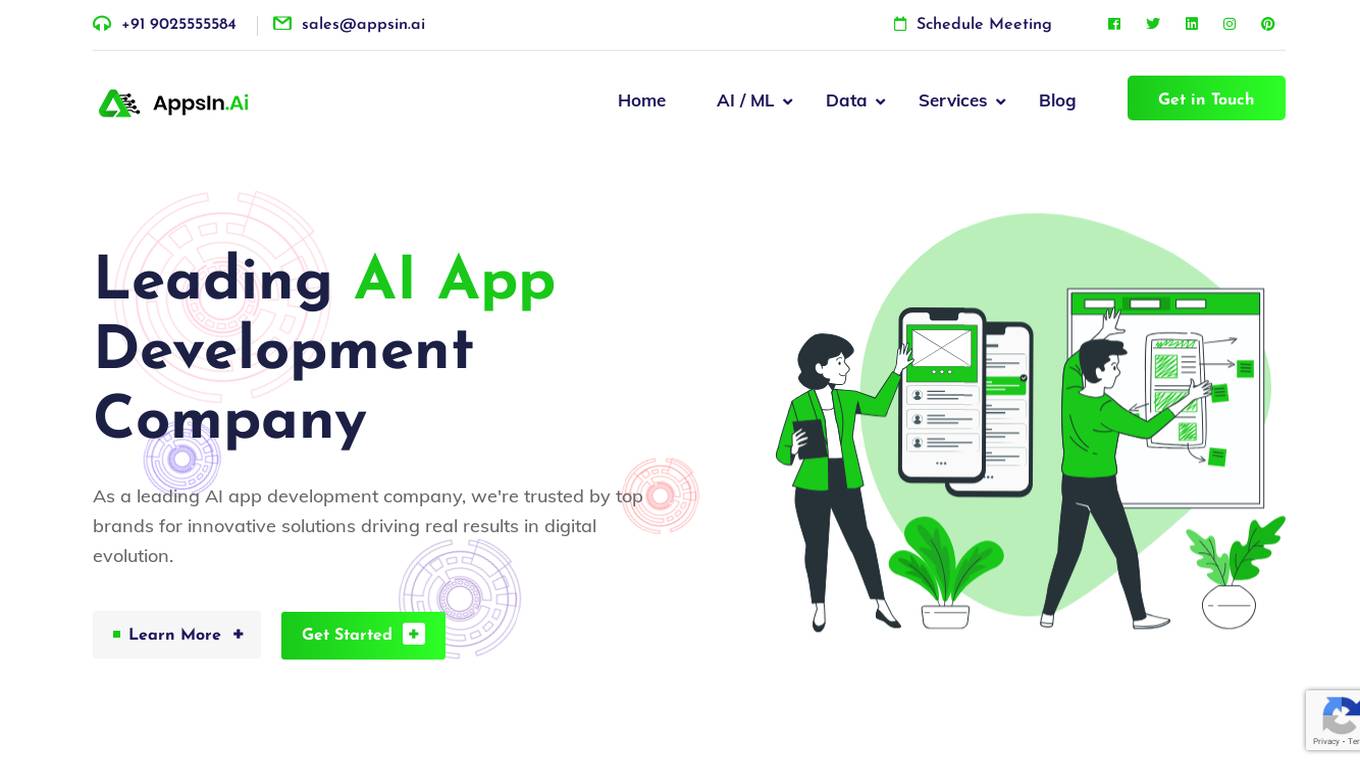
AppsInAi Private Limited
AppsInAi Private Limited is a leading AI app development company trusted by top brands for innovative solutions driving real results in digital evolution. They offer a wide range of services including AI and ML development, machine learning, generative AI, chatGPT development, object recognition, recommendation engine, robotic process automation, NFT development, data analytics, web scraping, mobile app development, web development, IoT development, CRM and CMS software development, blockchain development, and UI/UX design.
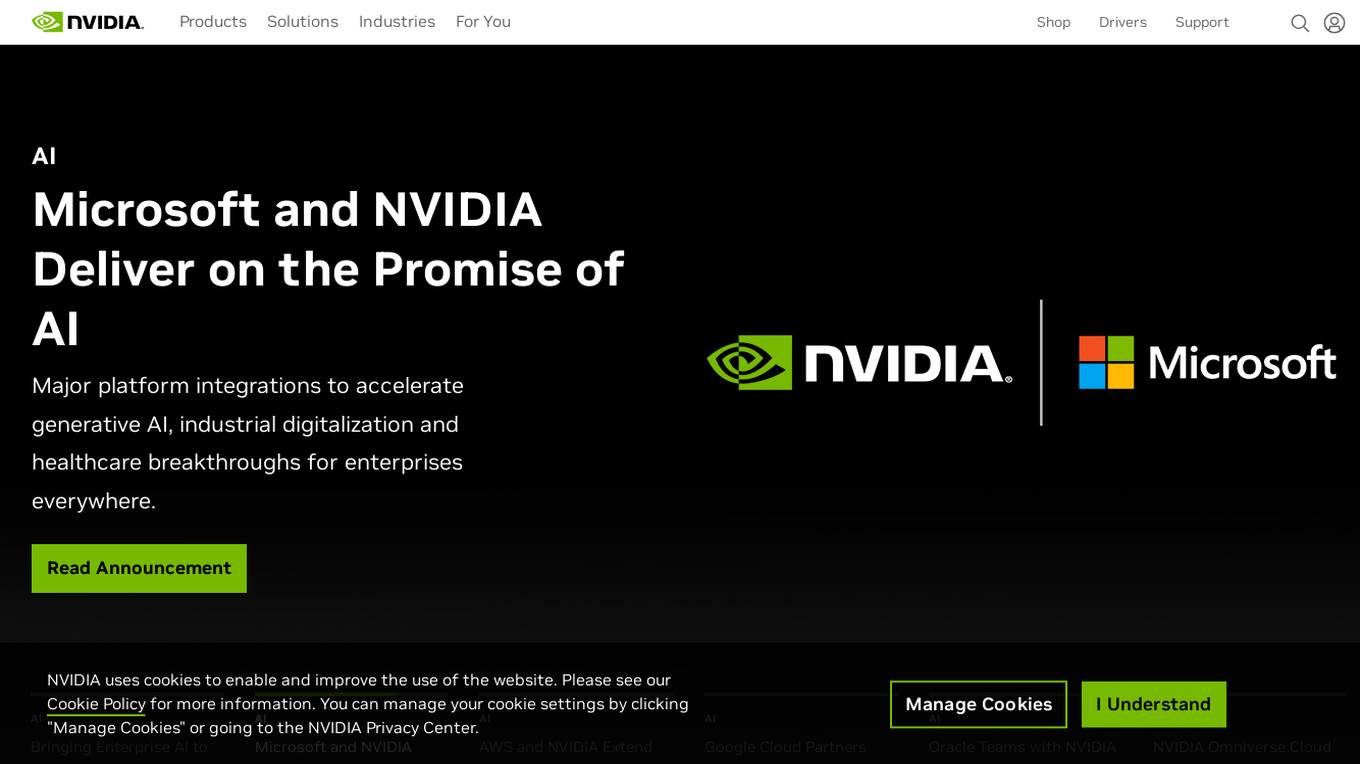
NVIDIA
NVIDIA is a world leader in artificial intelligence computing. The company's products and services are used by businesses and governments around the world to develop and deploy AI applications. NVIDIA's AI platform includes hardware, software, and tools that make it easy to build and train AI models. The company also offers a range of cloud-based AI services that make it easy to deploy and manage AI applications. NVIDIA's AI platform is used in a wide variety of industries, including healthcare, manufacturing, retail, and transportation. The company's AI technology is helping to improve the efficiency and accuracy of a wide range of tasks, from medical diagnosis to product design.
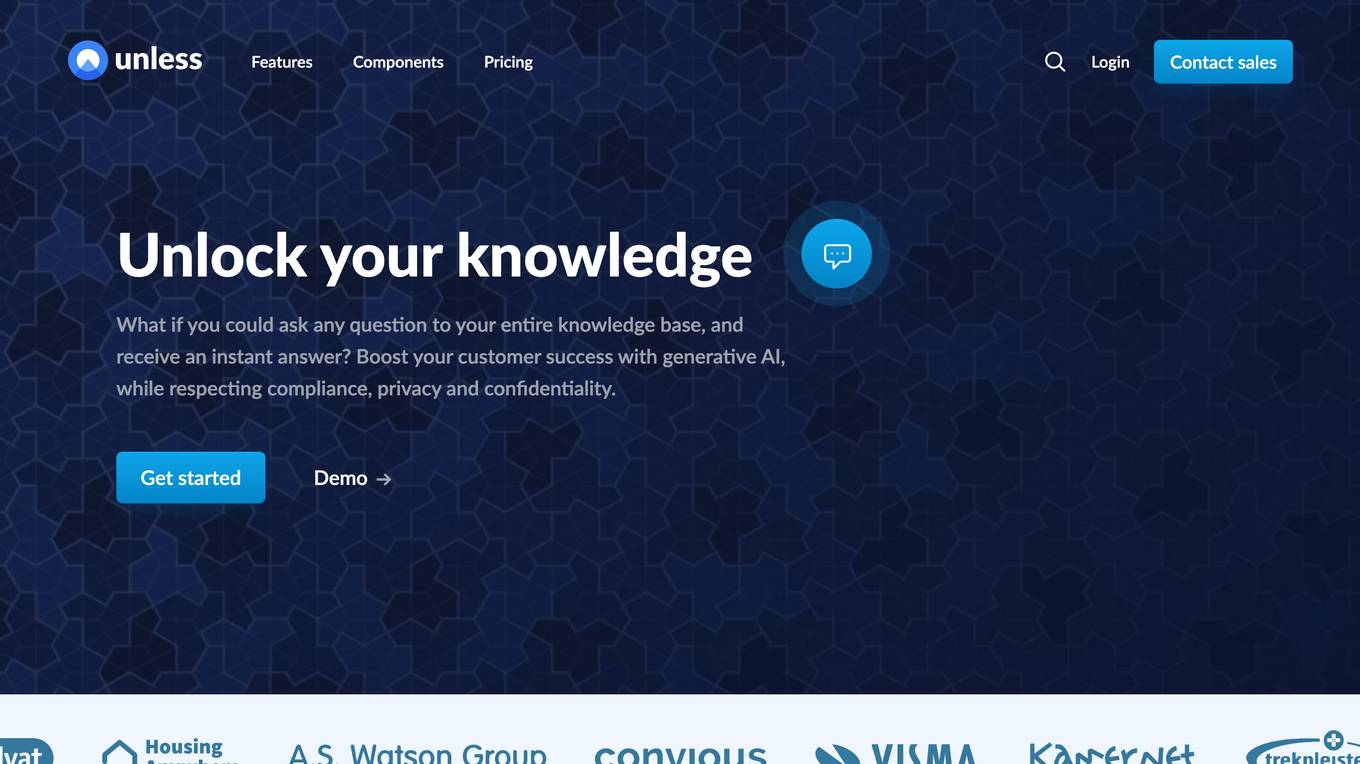
Unless
Unless is a conversational AI platform that helps organizations unlock their knowledge and provide better customer support. With Unless, you can train an AI model with your own knowledge base, documents, or website, and then let your customers or team engage in conversations with the AI through various channels. Unless is designed to be easy to use, even for non-technical staff, and it offers a variety of features to help you get the most out of your AI model.
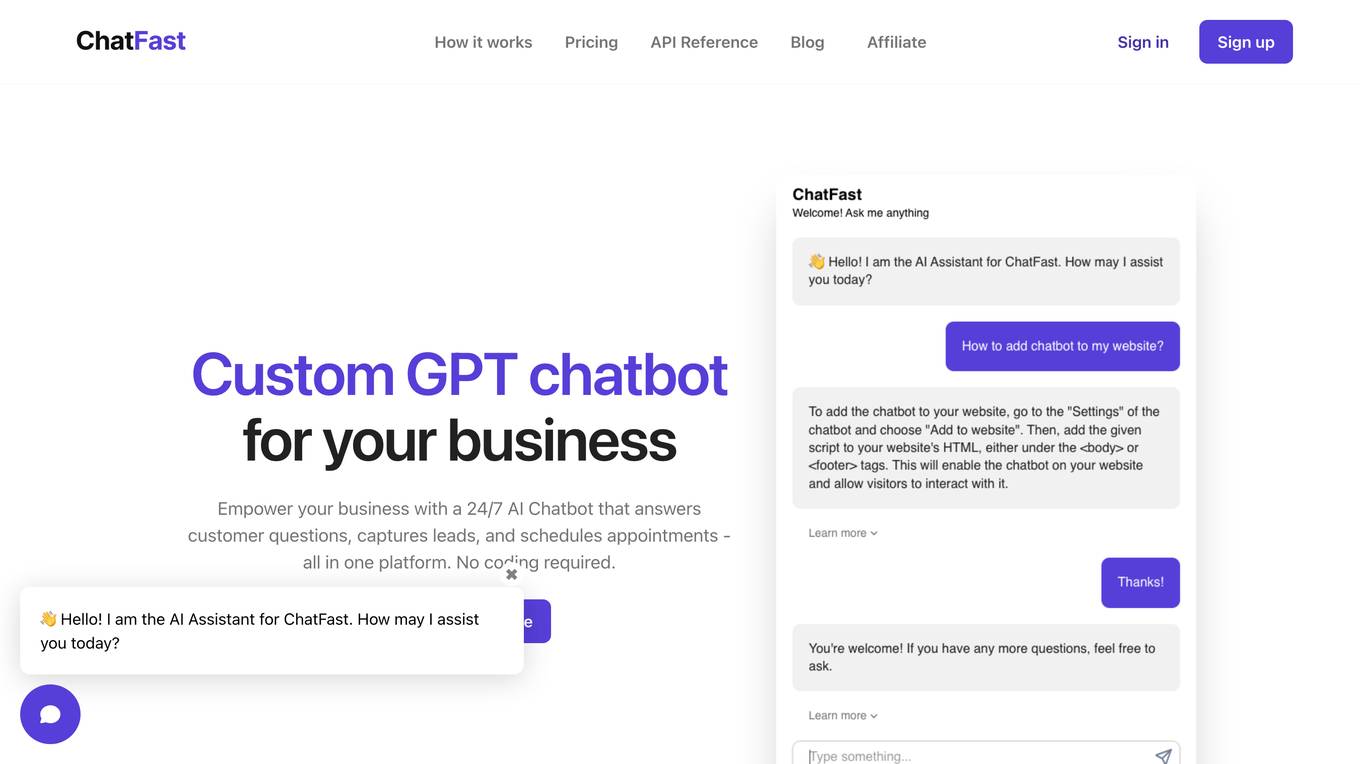
ChatFast
ChatFast is a platform that allows businesses to create custom GPT chatbots using their own data. These chatbots can be used to answer customer questions, capture leads, and schedule appointments. ChatFast is easy to use and requires no coding. It is trusted by thousands of businesses and provides a range of powerful features, including the ability to train chatbots on multiple data sources, revise responses, capture leads, and create smart forms.
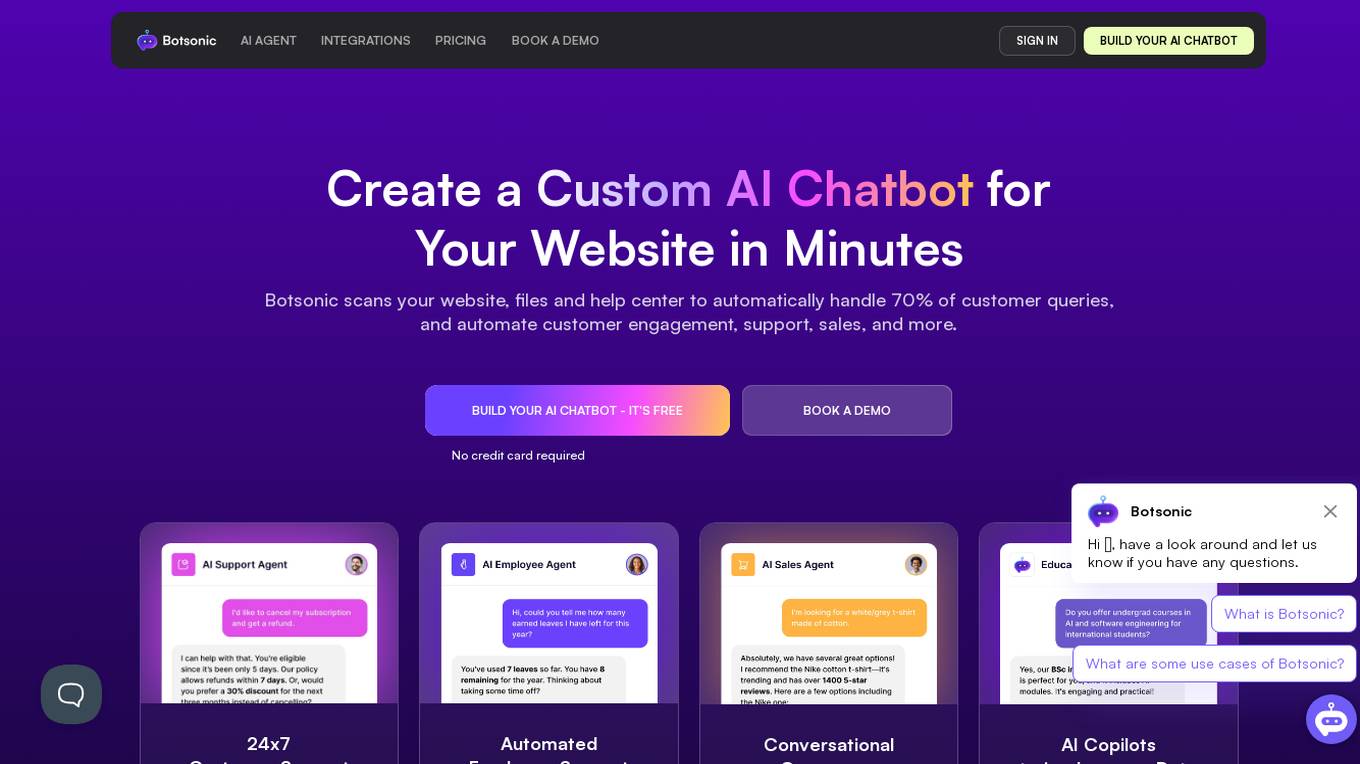
Botsonic
Botsonic is an AI chatbot application that offers custom AI chatbots for websites. It provides AI-powered automation solutions for various industries, enabling businesses to enhance customer engagement, support, sales, and more. Botsonic uses AI Copilots trained on data to deliver authentic customer experiences in multiple languages across different channels. The platform allows users to easily create, customize, and integrate AI chatbots into their websites, providing instant support and personalized interactions.

Chaindesk
Chaindesk is a no-code platform that allows businesses to train custom ChatGPT chatbots on their own data. With Chaindesk, businesses can automate customer support, lead generation, and more. Chaindesk's chatbots are secure, precise, and can be deployed on a variety of platforms, including websites, WhatsApp, and Slack.

Chatzap
Chatzap is an AI chatbot platform that allows users to create and embed chatbots on their websites. The platform provides a range of features to help users create and customize their chatbots, including the ability to train chatbots on website content or plain text, customize the appearance of the chatbot, and collect leads. Chatzap also offers a range of benefits to users, including increased engagement, 24/7 availability, and cost-effectiveness.

ColdIQ
ColdIQ is an AI-powered sales prospecting tool that helps B2B companies with revenue above $100k/month to build outbound systems that sell for them. The tool offers end-to-end cold outreach campaign setup and management, email infrastructure setup and warmup, audience research and targeting, data scraping and enrichment, campaigns optimization, sending automation, sales systems implementation, training on tools best practices, sales tools recommendations, free gap analysis, sales consulting, and copywriting frameworks. ColdIQ leverages AI to tailor messaging to each prospect, automate outreach, and flood calendars with opportunities.
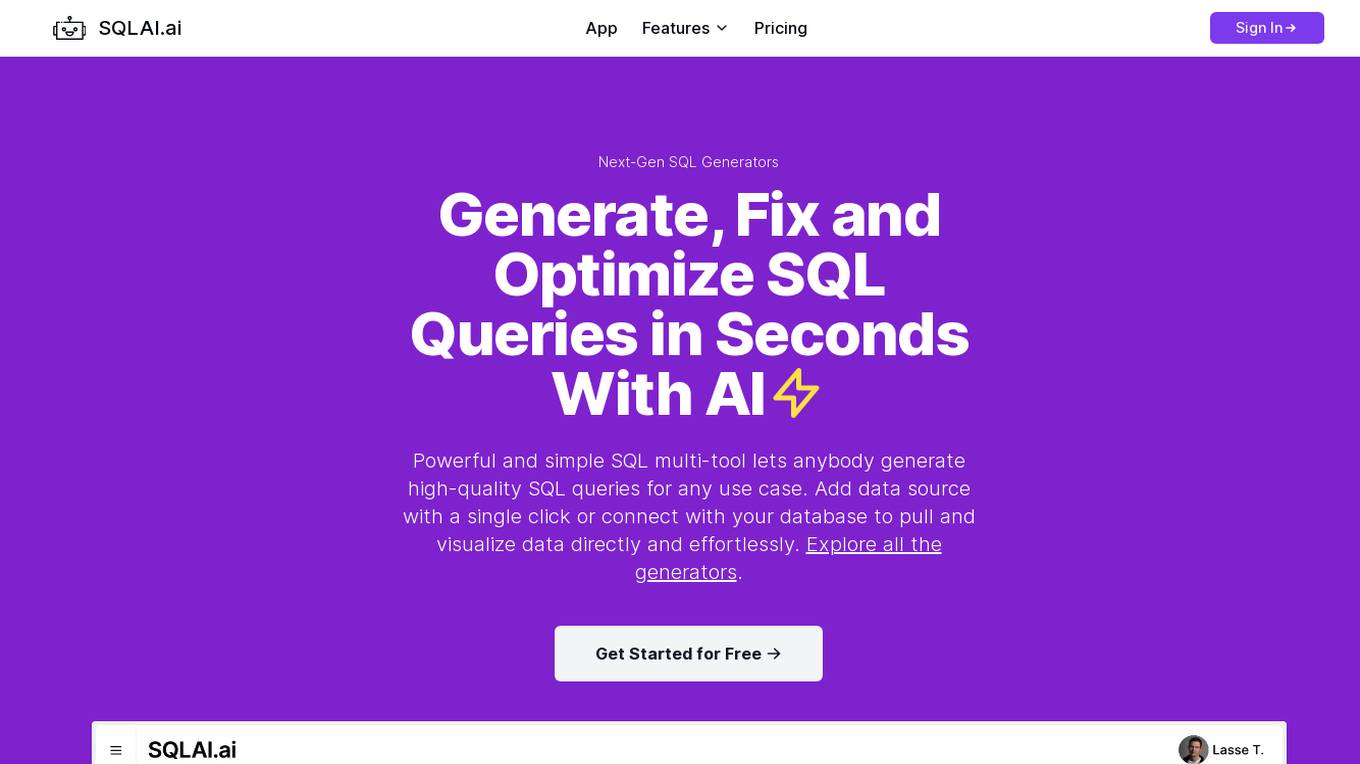
SQLAI.ai
SQLAI.ai is a professional SQL multi-tool that leverages AI technology to generate, fix, explain, and optimize SQL queries and databases. It enables users to interact with SQL using everyday language, effortlessly train AI to understand database schemas, and benefit from AI-driven recommendations for query optimization. The platform caters to a wide range of users, from beginners to experts, by simplifying SQL tasks and providing valuable insights for database management. With features like generating SQL data, data analytics, and real-time data insights, SQLAI.ai revolutionizes the way users interact with databases, making SQL tasks simpler, more efficient, and accessible to all.
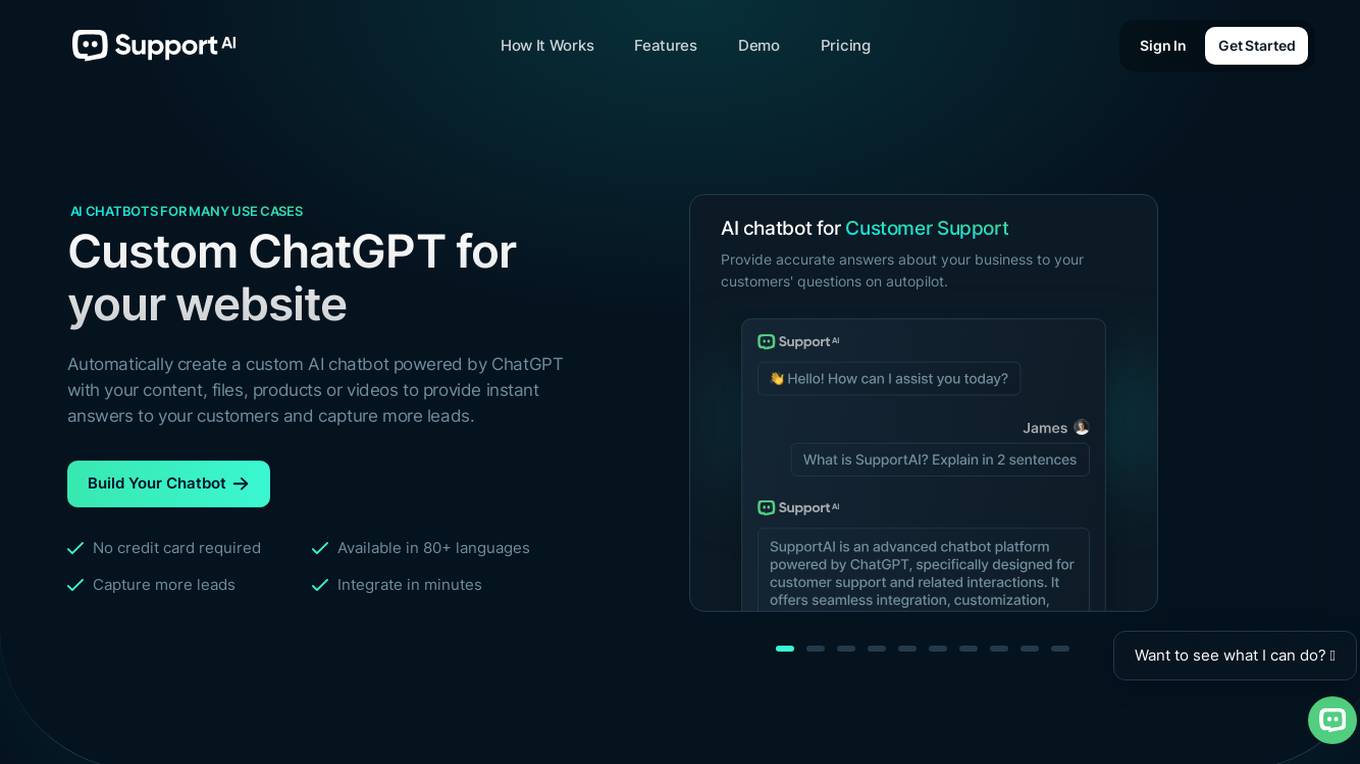
Support AI
Support AI is a custom AI chatbot application powered by ChatGPT that allows website owners to create personalized chatbots to provide instant answers to customers, capture leads, and enhance customer support. With Support AI, users can easily integrate AI chatbots on their websites, train them with specific content, and customize their behavior and responses. The application offers features such as capturing leads, providing accurate answers, handling bookings, collecting feedback, and offering product recommendations. Users can choose from different pricing plans based on their message volume and training content needs.

Yellow.ai
Yellow.ai is a leading provider of AI-powered customer service automation solutions. Its Dynamic Automation Platform (DAP) is built on multi-LLM architecture and continuously trains on billions of conversations for scale, speed, and accuracy. Yellow.ai's platform leverages the latest advancements in NLP and generative AI to deliver empathetic and context-aware conversations that exceed customer expectations across channels. With its enterprise-grade security, advanced analytics, and zero-setup bot deployment, Yellow.ai helps businesses transform their customer and employee experiences with AI-powered automation.

IBM Watsonx
IBM Watsonx is an enterprise studio for AI builders. It provides a platform to train, validate, tune, and deploy AI models quickly and efficiently. With Watsonx, users can access a library of pre-trained AI models, build their own models, and deploy them to the cloud or on-premises. Watsonx also offers a range of tools and services to help users manage and monitor their AI models.

Outlier AI
Outlier AI is a platform that connects subject matter experts to help build the world's most advanced Generative AI. It allows experts to work on various projects from generating training data to evaluating model performance. The platform offers flexibility, allowing contributors to work from home on their own schedule. Outlier AI aims to redefine how AI learns by leveraging the expertise of domain specialists across different fields.
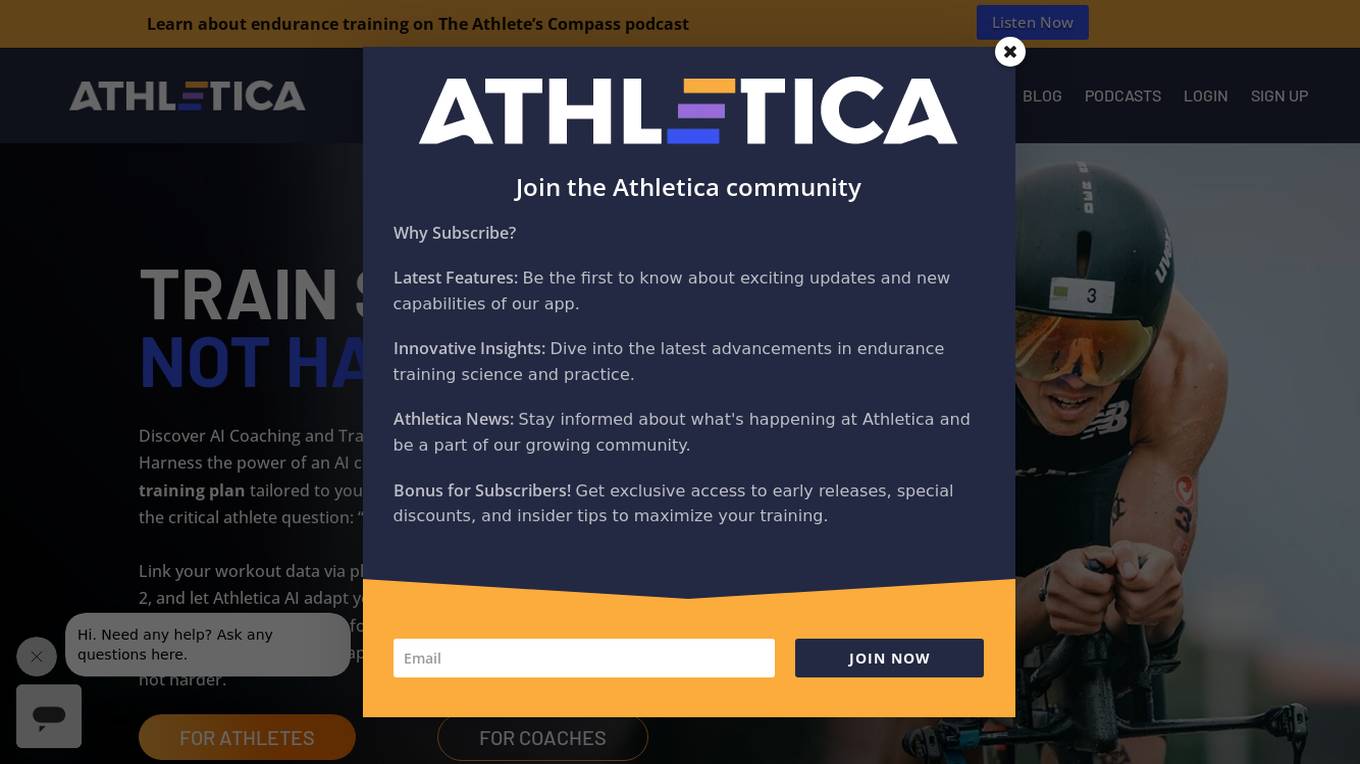
Athletica AI
Athletica AI is an AI-powered athletic training and personalized fitness application that offers tailored coaching and training plans for various sports like cycling, running, duathlon, triathlon, and rowing. It adapts to individual fitness levels, abilities, and availability, providing daily step-by-step training plans and comprehensive session analyses. Athletica AI integrates seamlessly with workout data from platforms like Garmin, Strava, and Concept 2 to craft personalized training plans and workouts. The application aims to help athletes train smarter, not harder, by leveraging the power of AI to optimize performance and achieve fitness goals.

Backend.AI
Backend.AI is an enterprise-scale cluster backend for AI frameworks that offers scalability, GPU virtualization, HPC optimization, and DGX-Ready software products. It provides a fast and efficient way to build, train, and serve AI models of any type and size, with flexible infrastructure options. Backend.AI aims to optimize backend resources, reduce costs, and simplify deployment for AI developers and researchers. The platform integrates seamlessly with existing tools and offers fractional GPU usage and pay-as-you-play model to maximize resource utilization.
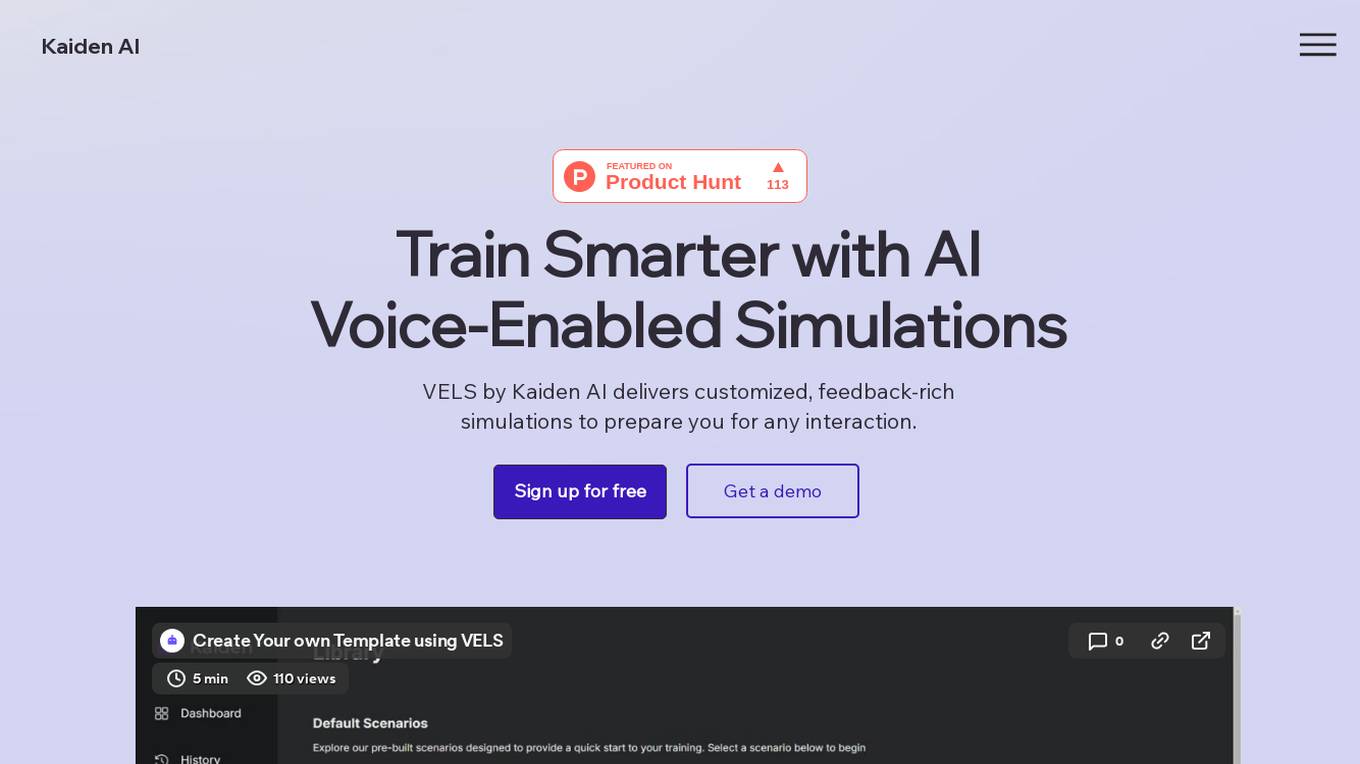
Kaiden AI
Kaiden AI is an AI-powered training platform that offers personalized, immersive simulations to enhance skills and performance across various industries and roles. It provides feedback-rich scenarios, voice-enabled interactions, and detailed performance insights. Users can create custom training scenarios, engage with AI personas, and receive real-time feedback to improve communication skills. Kaiden AI aims to revolutionize training solutions by combining AI technology with real-world practice.

Endurance
Endurance is a platform designed for runners, swimmers, and cyclists to engage in group training activities with friends or local communities. Users can create or join teams, share structured workouts, and benefit from collective motivation and accountability. The platform aims to make training fun and effective by leveraging the power of group workouts and social connections.

ChatCube
ChatCube is an AI-powered chatbot maker that allows users to create chatbots for their websites without coding. It uses advanced AI technology to train chatbots on any document or website within 60 seconds. ChatCube offers a range of features, including a user-friendly visual editor, lightning-fast integration, fine-tuning on specific data sources, data encryption and security, and customizable chatbots. By leveraging the power of AI, ChatCube helps businesses improve customer support efficiency and reduce support ticket reductions by up to 28%.

Workout Tools
Workout Tools is an AI-powered personal trainer that helps you train smarter and reach your fitness goals faster. It takes into account different parameters, such as your physics, the type of workout you're interested in, your available equipment, and comes up with a suggested workout. Don't like the workout? Just generate another one. It's that simple.
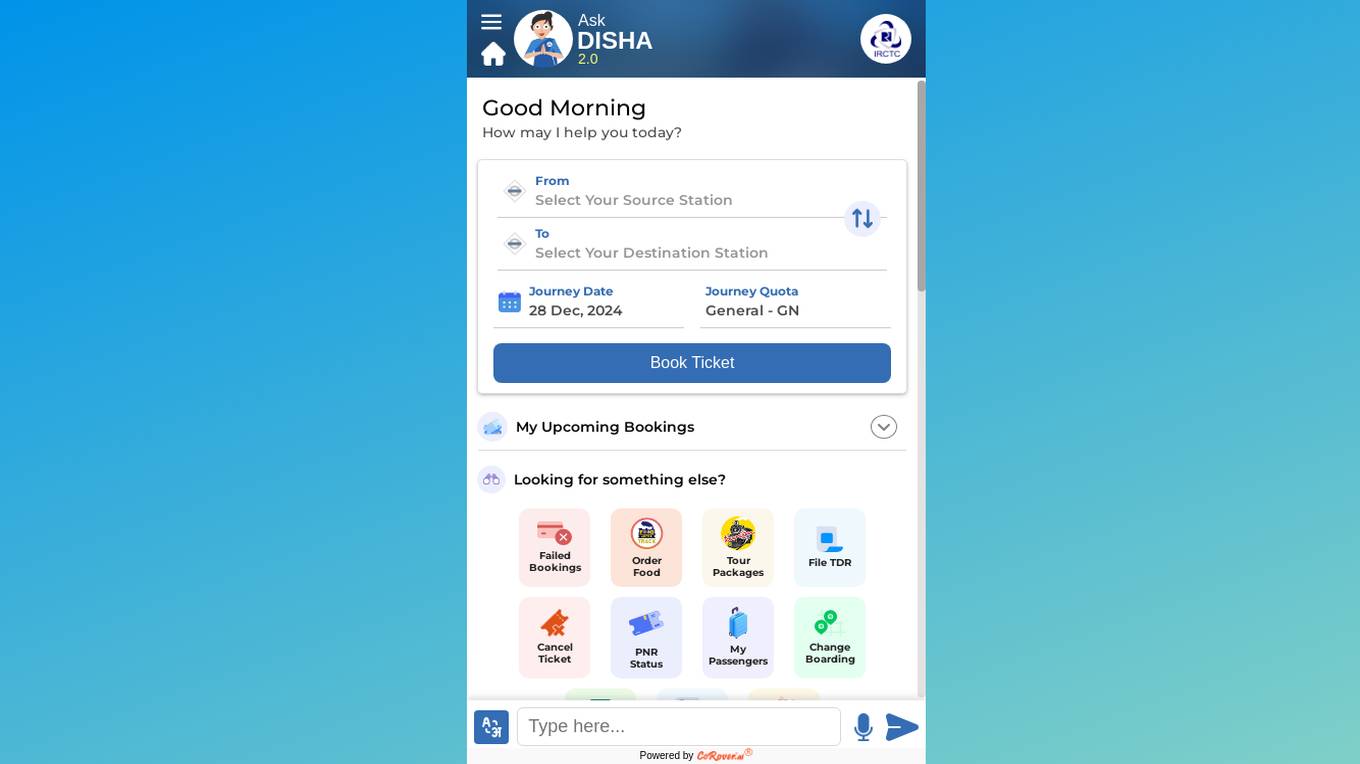
CoRover.ai
CoRover.ai is an AI-powered chatbot designed to help users book train tickets seamlessly through conversation. The chatbot, named AskDISHA, is integrated with the IRCTC platform, allowing users to inquire about train schedules, ticket availability, and make bookings effortlessly. CoRover.ai leverages artificial intelligence to provide personalized assistance and streamline the ticket booking process for users, enhancing their overall experience.
1 - Open Source AI Tools
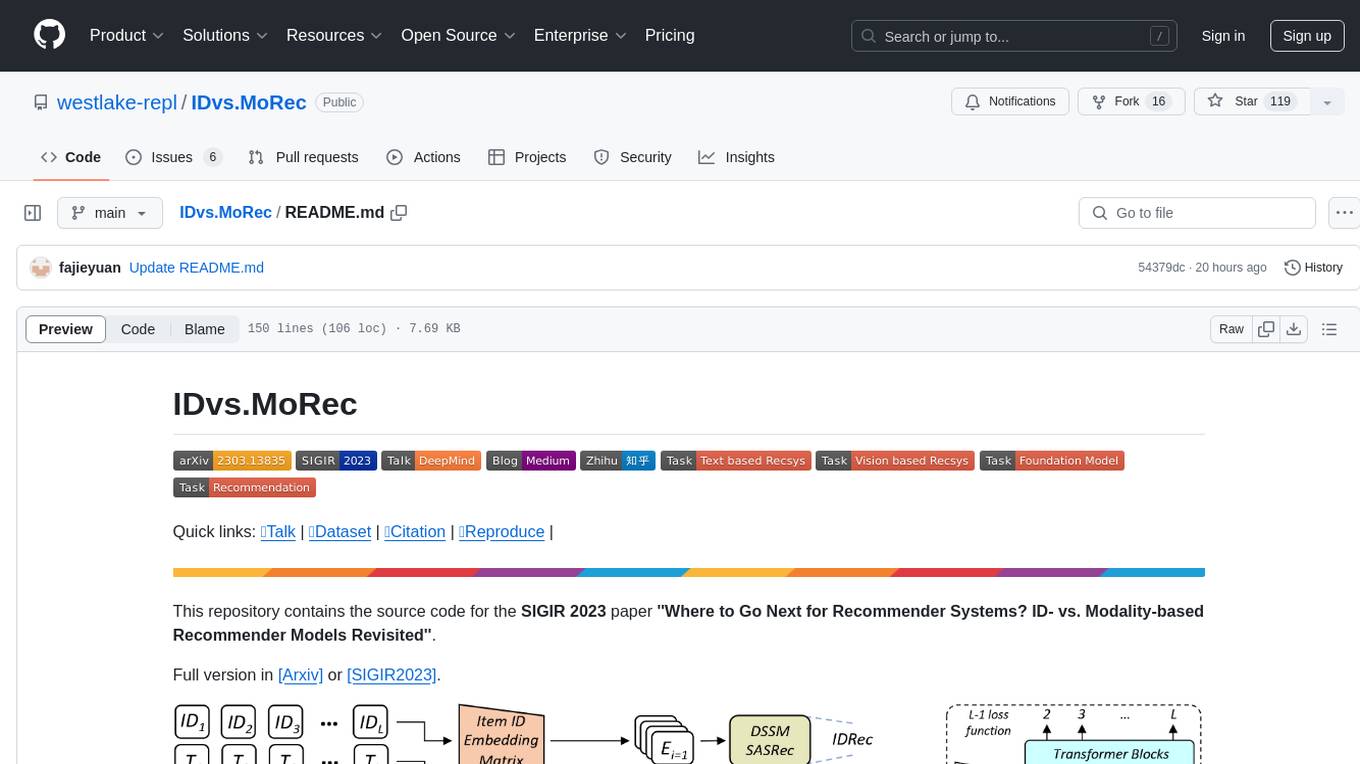
IDvs.MoRec
This repository contains the source code for the SIGIR 2023 paper 'Where to Go Next for Recommender Systems? ID- vs. Modality-based Recommender Models Revisited'. It provides resources for evaluating foundation, transferable, multi-modal, and LLM recommendation models, along with datasets, pre-trained models, and training strategies for IDRec and MoRec using in-batch debiased cross-entropy loss. The repository also offers large-scale datasets, code for SASRec with in-batch debias cross-entropy loss, and information on joining the lab for research opportunities.
20 - OpenAI Gpts

M&E Expert
I'm an M&E expert for NGOs, offering professional, detailed guidance to specialists.

How to Train a Chessie
Comprehensive training and wellness guide for Chesapeake Bay Retrievers.
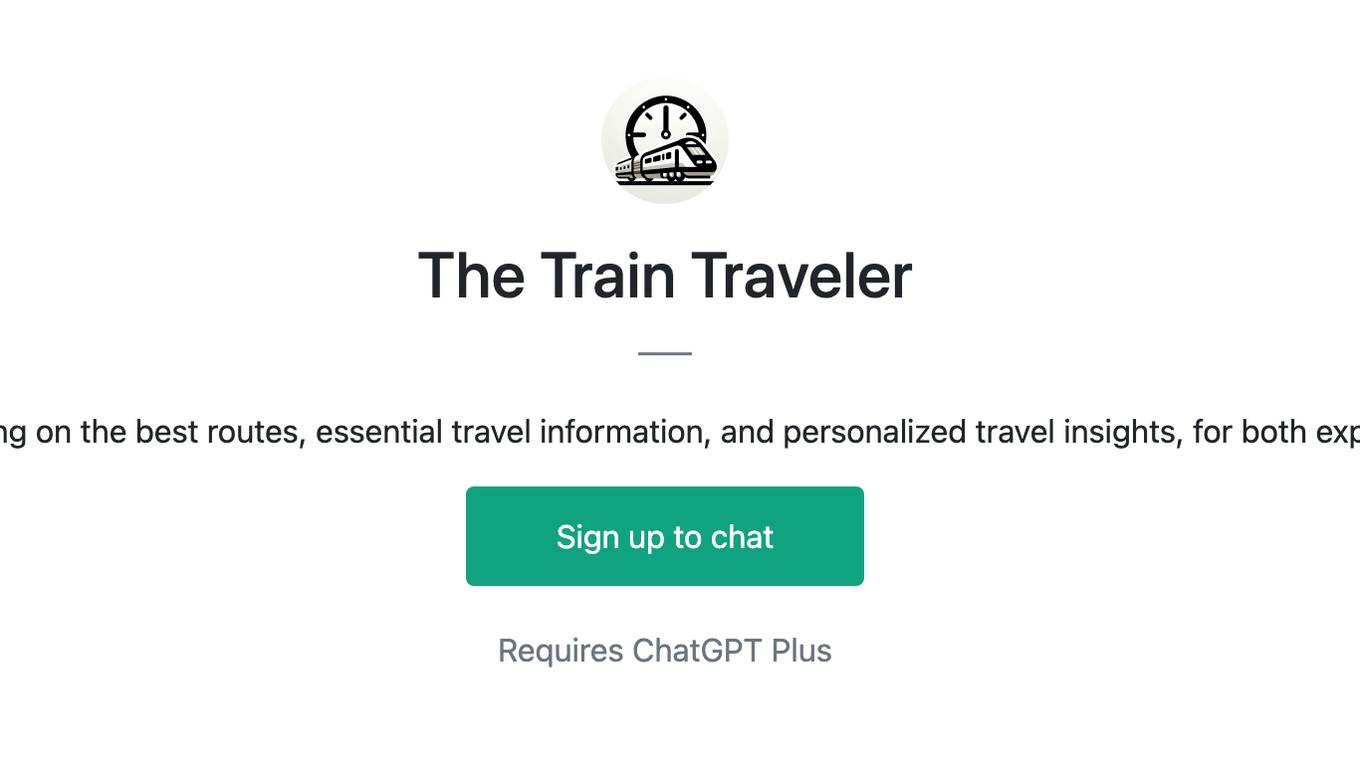
The Train Traveler
Friendly train travel guide focusing on the best routes, essential travel information, and personalized travel insights, for both experienced and novice travelers.

How to Train Your Dog (or Cat, or Dragon, or...)
Expert in pet training advice, friendly and engaging.
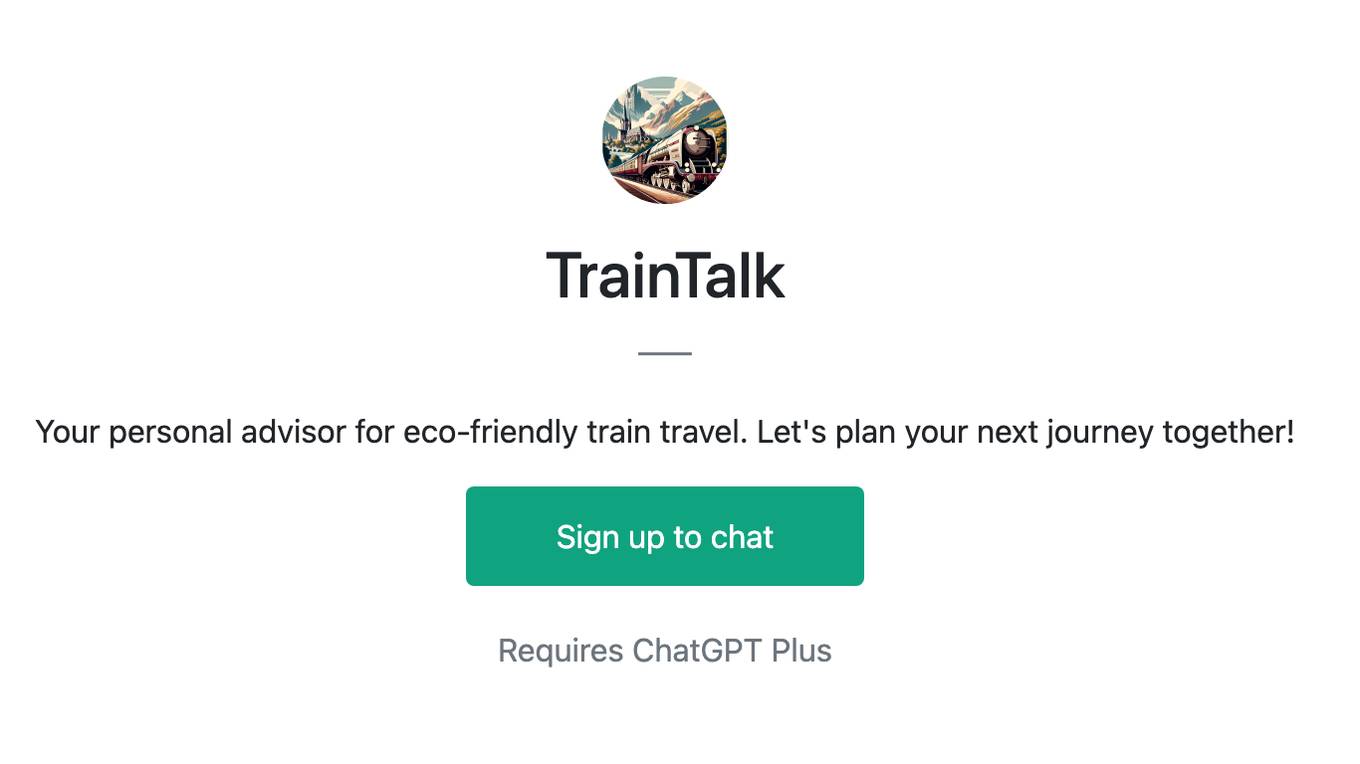
TrainTalk
Your personal advisor for eco-friendly train travel. Let's plan your next journey together!
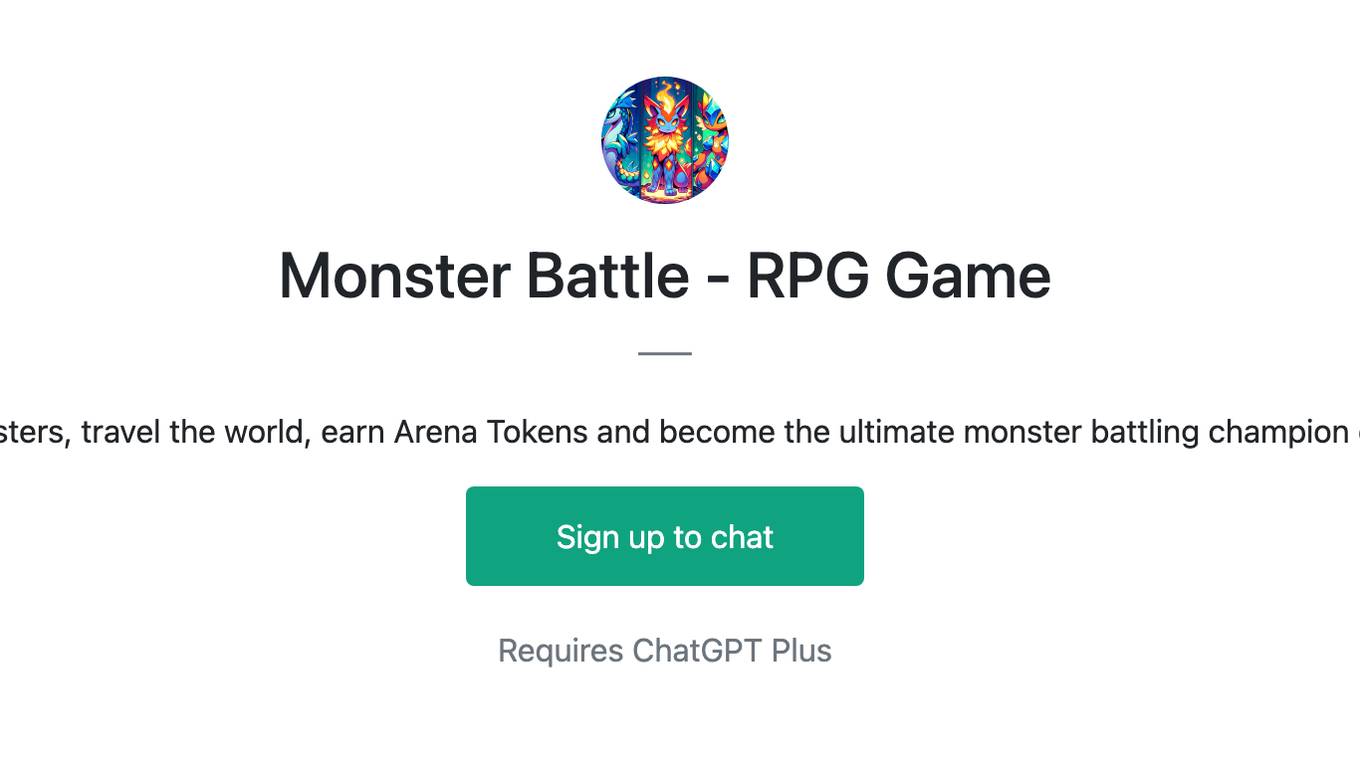
Monster Battle - RPG Game
Train monsters, travel the world, earn Arena Tokens and become the ultimate monster battling champion of earth!
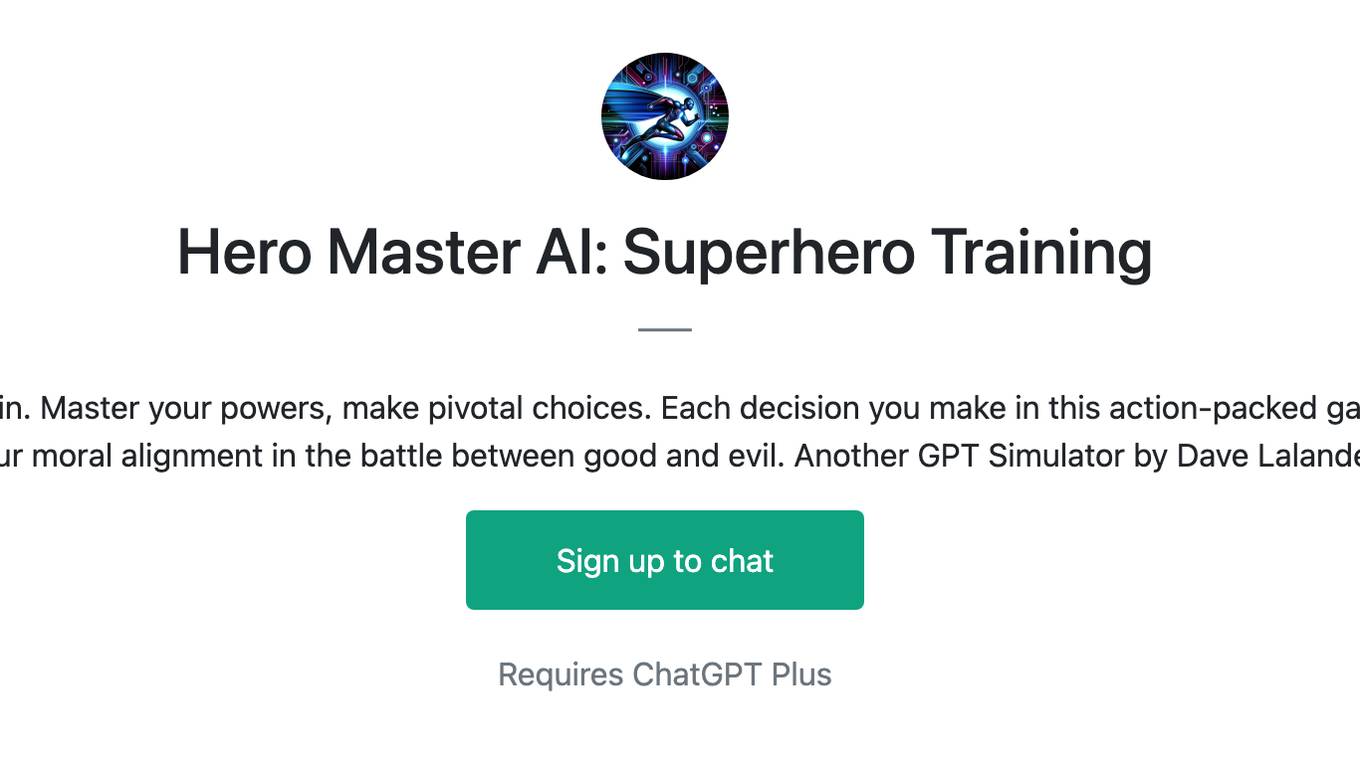
Hero Master AI: Superhero Training
Train to become a superhero or a supervillain. Master your powers, make pivotal choices. Each decision you make in this action-packed game not only shapes your abilities but also your moral alignment in the battle between good and evil. Another GPT Simulator by Dave Lalande

Pytorch Trainer GPT
Your purpose is to create the pytorch code to train language models using pytorch

Design Recruiter
Job interview coach for product designers. Train interviews and say stop when you need a feedback. You got this!!

Pocket Training Activity Expert
Expert in engaging, interactive training methods and activities.






